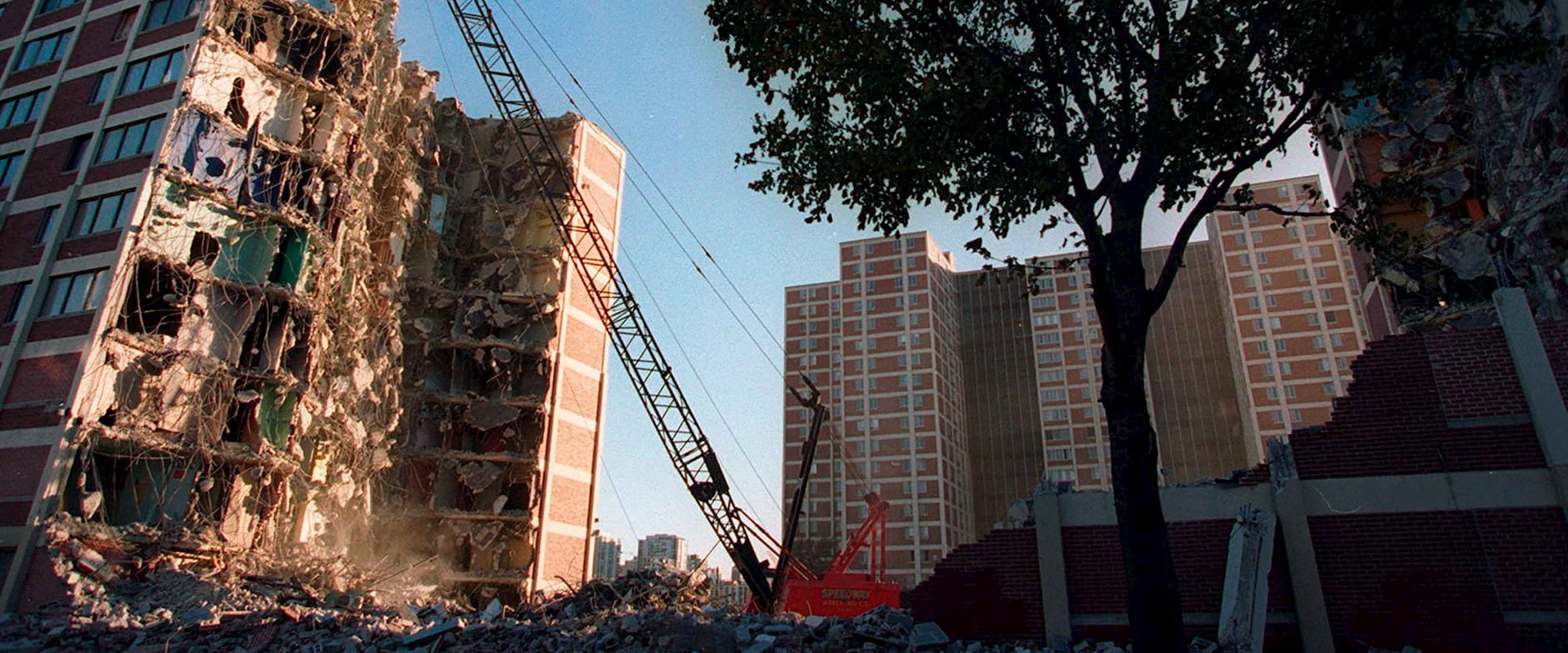Starting in the 1990s, the federally funded HOPE VI program provided hundreds of grants to tear down distressed public housing in many US cities, with the premise of revitalizing neighborhoods and settling residents into better, safer homes. But a study by Chicago Booth’s Milena Almagro, University of Texas’s Eric Chyn, and the Federal Reserve Bank of Philadelphia’s Bryan A. Stuart of what happened in Chicago, home to one of the country’s largest public-housing systems, finds that demolishing public housing increased inequality. The city had pledged to create mixed-income housing in the affected neighborhoods, but officials failed to meet these stated goals. As a result, longtime low-income residents of what were predominantly Black neighborhoods were priced out as households with higher incomes moved in. Even a moderate increase in publicly built housing units could reverse the negative effects of the demolitions, the study finds.
Milena Almagro, Eric Chyn, and Bryan A. Stuart, “Urban Renewal and Inequality: Evidence from Chicago’s Public Housing Demolitions,” Working paper, January 2023.
Your Privacy
We want to demonstrate our commitment to your privacy. Please review Chicago Booth's privacy notice, which provides information explaining how and why we collect particular information when you visit our website.
